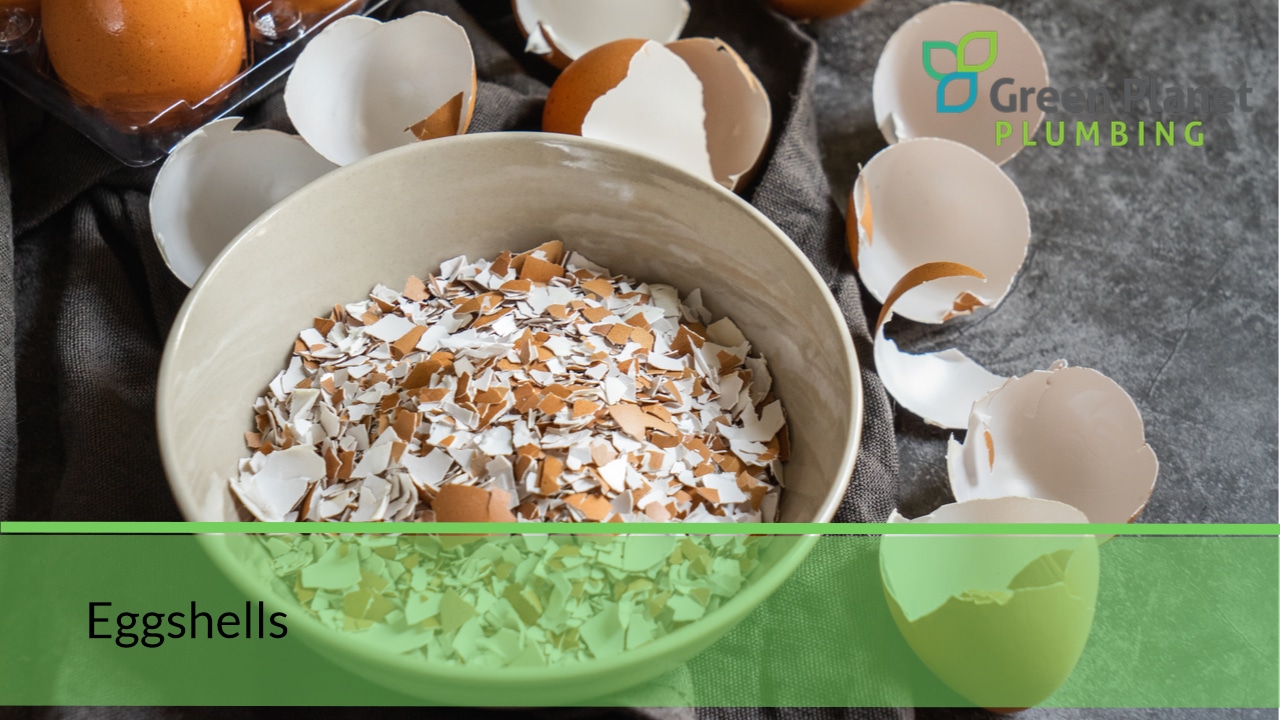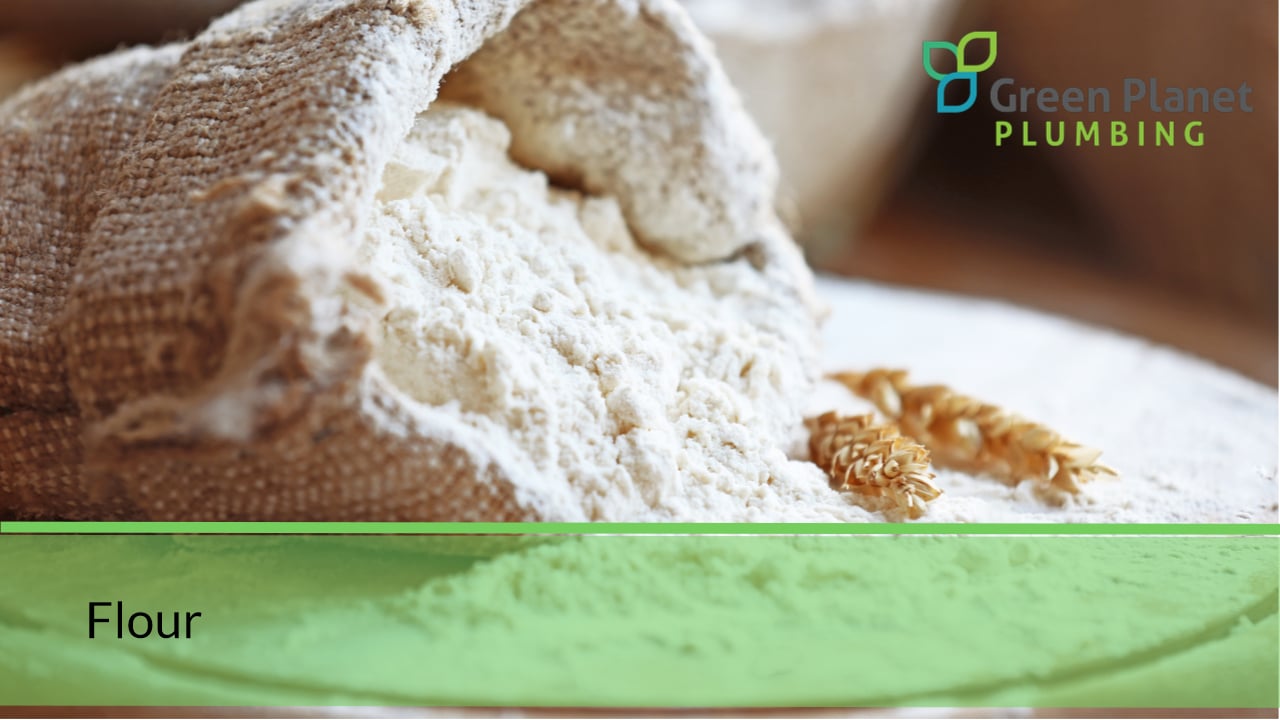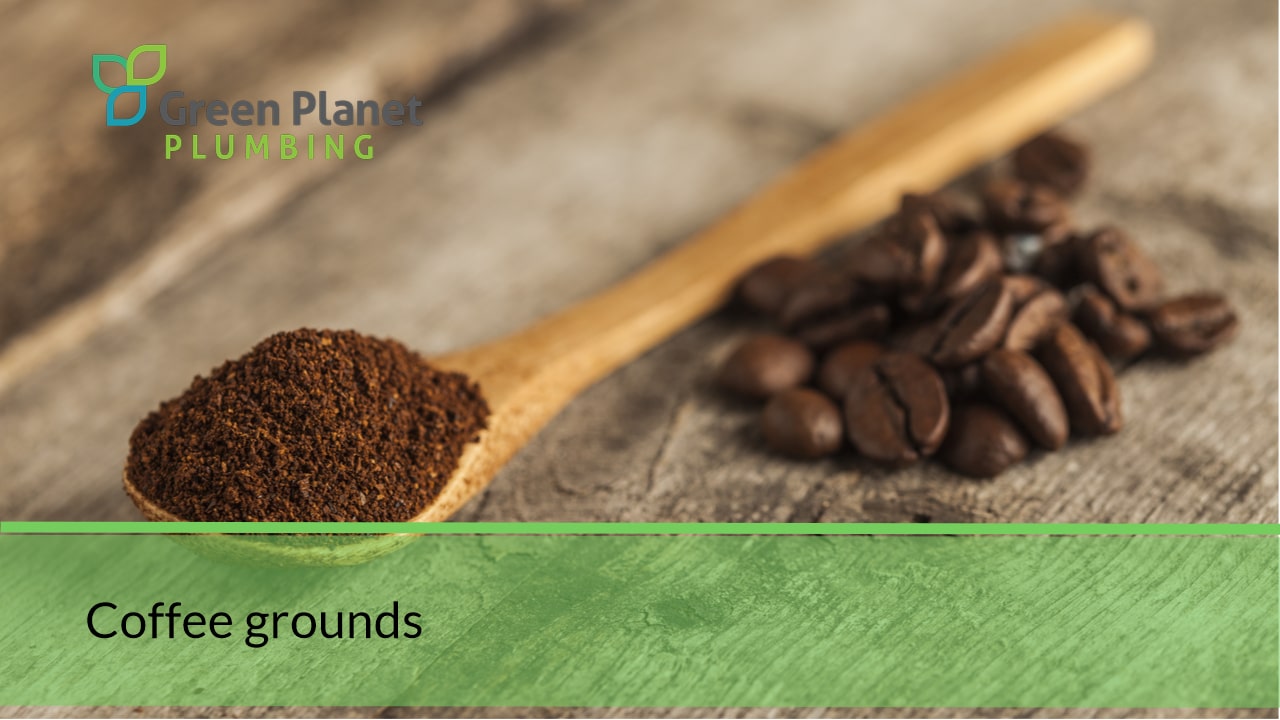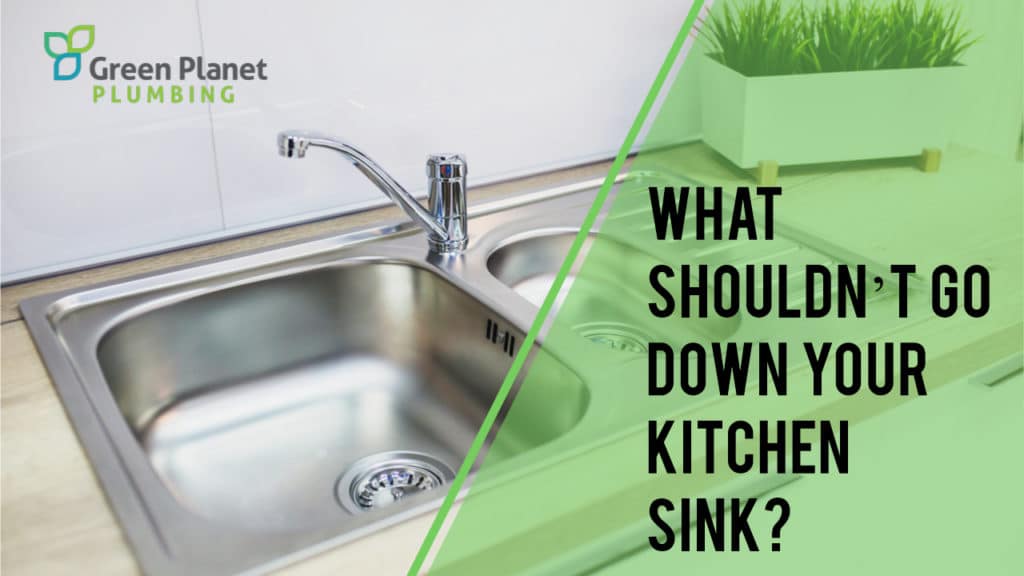We know it is tempting and convenient to just let your kitchen refuse go down the sink than to throw it in the waste bin. That mess will eventually be flushed to the sewage, right? While this may be true, remember that the food waste you let go down your kitchen sink pass through the pipes and drains, and it can only be a matter of time when your drains are clogged with it. More so, wastewater is meant to be recycled and will eventually lead back to your kitchen faucet. Not so good to imagine, right?
Common trash that should never go down your kitchen sink
Things that should not go down your kitchen sink are not only harmful because of their size but also due to the chemicals they contain and the frequency that they are being sent down the plumbing. Here are some common things that can damage your kitchen sink and its pipe, bigtime!

1. Eggshells
Do you prefer sunny side up or scrambled eggs together with your toast? No matter your preference when it comes to this staple breakfast ingredient, the important thing is what you do after with what’s left – eggshells. No matter you do, you should never let those eggshells go down your kitchen sink. Crushed eggshells, regardless of how small they are, can still cause a blockage. It can also help gather other things coming down your drain that can cause a clog in your kitchen sink. Always put those eggshells in the rubbish or the compost bin.

2. Flour
Aside from eggs, another staple ingredient in any kitchen is the flour. Whether you use it to make your favourite waffles or as an ingredient to bake a cake, never let it go down your kitchen sink. Remember what happens when you mix flour with liquid? Now picture it happening inside your kitchen drain. Water will clearly not flow properly with that sticky matter around. Often times, water is not enough to push these sticky substances out of the pipes. It will also gather other debris, thus creating a large sticky blockage.
3. Grease
Fries and fried chicken are best cooked in hot oil. And other oil-based products like salad dressings, mayonnaise, and butter help add flavour to most dishes. But have you seen what happens when those products cool down? It builds up, right? Imagine it happening inside your kitchen sink’s pipes. And imagine what happens when you do this all the time. Grease is one of the most common substances clogging the drains. To properly dispose of grease or any oil-based product, you can attach a grease trap to your sink that can catch the grease. But if you do not have this, what you need to do is to cool the grease or oil first before putting it in the rubbish.

4. Milk
This is another staple food in the kitchen that should never go down your sink. So, why should milk not be disposed of through the drain when it is clearly in liquid form? Actually, it is not in the form but its effect in the environment that means milk should not go down the kitchen sink.
Milk, like all dairy products, is considered a highly polluting substance due to its high oxygen demand. Since water from the kitchen sink also finds its way to the ocean, milk deprives other organisms, like small fishes, of oxygen to survive. In fact, in the U.K., it is a criminal offense to dispose of milk or any other dairy products in the drains. So next time you purchase your favourite dairy product, make sure you have enough time to consume it, or dispose of it in the rubbish.
5. Expired medicines or pills
Whether expired or not, medicines or pills should be properly disposed and not go down your kitchen sink, or be flushed either. Remember, all wastewater is being treated to be used again. Hence, the chemicals on those medicines could eventually lead back to your drinking water or to the environment.
While treatment will be given to that wastewater, some chemicals found in those medicines cannot be filtered and can still have harmful effects on people and the environment. Always dispose of your expired medicines through your local pharmacy as they have access to the proper disposal units. The Return Unwanted Medicine Project (The RUM Project) encourages Australians to return their expired or unwanted medicines for proper disposal. Check their website for more information.

6. Coffee grounds
Another staple food in the kitchen is coffee. Who doesn’t enjoy a fresh brewed coffee, right? But how do you dispose of coffee grounds? Answer: not through your kitchen sink. Coffee grounds stick together that can cause blockage in your pipe. Likewise, coffee grounds are not easily pushed away by water. A piece of advice, you can actually use your coffee grounds as part of your compost. That way you not only save your drain from clogging you also save money for your plants’ compost. A win-win situation, isn’t it?
7. Stickers from fruit and vegetables
Peel those small stickers off your fruits and vegetables and dispose of them properly into your trash bin. Never let them go down your drain. Those seemingly harmless stickers cannot only clog your pipes; they can also block the filters in the water treatment plants. Those stickers are made of special adhesives that cannot be dissolved in water. Hence, it is not advisable for it to be disposed of through your kitchen sink. A little effort of putting these in the trash bin really goes a long way.
8. Seeds and grains
While preparing and cooking a meal be an enjoyable activity, cleaning up after it can be tedious. As such, the easiest way for some is just to let some of the rubbish go down the drain, especially those small seeds and grains. But this habit can take much more of your time as it is more tedious to tend to a clogged pipe than to immediately throw those seeds into the trash bin. Remember, those seeds take a long time to decompose, and those can build up in your pipes and block filters. That problem can require a greater effort from you.

9. Bones
Another food waste that people often put down the kitchen sink is leftover bones. Sure, fishbones may not be as large as the bones from poultry or meat, but over time they build up and clog your pipes. Bones from poultry or meat are worse as those take a long time to dissolve even if you grind it under your kitchen sink garbage disposal. That mechanism can only break the bone into small portions, and if you often do this, those bones will make your garbage disposal’s blades blunt, creating another problem altogether.
10. Food with starch
Like flour, pasta and rice are made of starch. These types of food should not go down your kitchen sink. These foods continually absorb water and expand even after being cooked. Like flour, they also becomes soggy and sticky when soaked in liquid for a long time, making them an excellent way to block your pipes and filter. Aside from that, they can also help to gather other things in your pipe. As much as possible, do not let this kind of food go down your kitchen sink.
11. Paint
Upgraded your house paint or planning a paint job? Your sinks may seem to be a good place to wash your paint brushes or dispose of the excess paint. That action can cause real damage not only on your pipes but on the environment as well. Like the medicine or pills, paint is made up of chemicals that cannot easily be removed even if it processed. These chemicals can be harmful to the environment and likewise harmful to you and your family.
Remember, everything that goes down your sink goes to the wastewater facility that eventually leads back to your home or to the oceans. Aside from this, the paint actually hardens if put in water. Now imagine that paint if you drain it in your kitchen sink using water. It will either stick or float in your kitchen pipe.
12. Cleaning products
While most of the cleaning products are in liquid form, those are not meant to be poured down your kitchen sink. Like medicines and paint, they contain chemicals that can be harmful to you and the environment. Most of these products contain chemicals that are still present in the water, even after it has been treated. These chemicals should be handled properly and disposed of and not be put down your drain.
13. Fibrous foods
While there is food waste that can be disposed of using your kitchen waste disposal unit, there are others that should not go down your kitchen sink. Fibrous food like celery, corn husks, or asparagus, will tangle around the blade of your kitchen waste disposal unit and that can lead a clogged-up kitchen sink and a blunt blade. As stated earlier, choose well the kind of food you will allow to go down your kitchen sink.
14. Paper products
While some paper products can be dissolved in water, not all paper products are designed for this. In fact, only toilet paper is designed to be dissolved in water. Surprisingly, paper kitchen towels can take two weeks to a month to be dissolved and decompose. Moreover, they will accumulate grime during that time that can cause blockage in your pipe. Hence they must not be put down your kitchen sink.
15. “Flushable” Materials
While there are products that claimed to be “flushable,” you should never put these down your kitchen sink. Those products do not dissolve properly and can help other things to accumulate, creating therein clog in your pipe. Just because you can flush it, doesn’t mean you should; it is always best to put these in the rubbish.
By now, you’ll be getting a picture of why there are things that should never go down your kitchen sink. Your kitchen sink is designed to clean your dishes and only works properly when all of its parts are being used properly. Remember, it’s meant to wash dishes and take water only, it is not a waste bin. Indeed, a little discipline and effort really go a long way.
What to do if you’ve already put things down your kitchen sink?
Now that you know the things that can cause harm to your kitchen sink and pipe, what can you do to limit the damage in your kitchen sink? Firstly, never let those listed above go down your kitchen sink ever again. Second, commit to always use the garbage bins from now on; after all, rubbish belongs in the rubbish bin. Remember, simple actions can make the most difference.
Now if you have been using the kitchen sink like a rubbish bin, the best thing to do is to check if your pipes are still well or they need maintenance or replacement. For this, you should hire the services of expert plumbers who will help you to maintain your pipes or, if worse comes to worst, install new pipes. You should never do this activity on your own to ensure proper handling of pipes. This will save you time and money. Indeed, prevention is really better than cure.
If you’re located in Lake Macquarie, Newcastle, Central Coast or the Hunter Valley regions, contact Green Planet Plumbing for expert plumbing services. We offer 24/7 plumbing services that range from residential to commercial plumbing needs. Green Planet Plumbing pride ourselves on being ‘tidy tradies’, that always clean up the mess but leaving a safe and clean environment.
Know how we can help you today. Contact us at 02 49119402.

